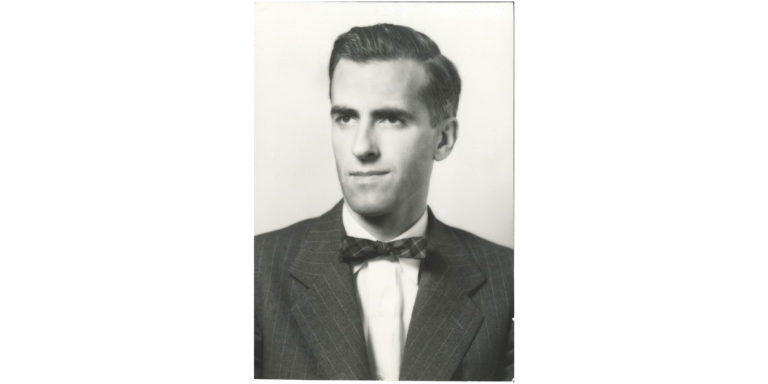Home / Business & Management / Entrepreneurship / Demystifying Entrepreneurship: How to Think Like an Entrepreneur / Focus on the person: Penrose and McClelland
This article is from the free online
Demystifying Entrepreneurship: How to Think Like an Entrepreneur


Reach your personal and professional goals
Unlock access to hundreds of expert online courses and degrees from top universities and educators to gain accredited qualifications and professional CV-building certificates.
Join over 18 million learners to launch, switch or build upon your career, all at your own pace, across a wide range of topic areas.

 HUP McClelland, David (1). Harvard University Archives.
HUP McClelland, David (1). Harvard University Archives.





